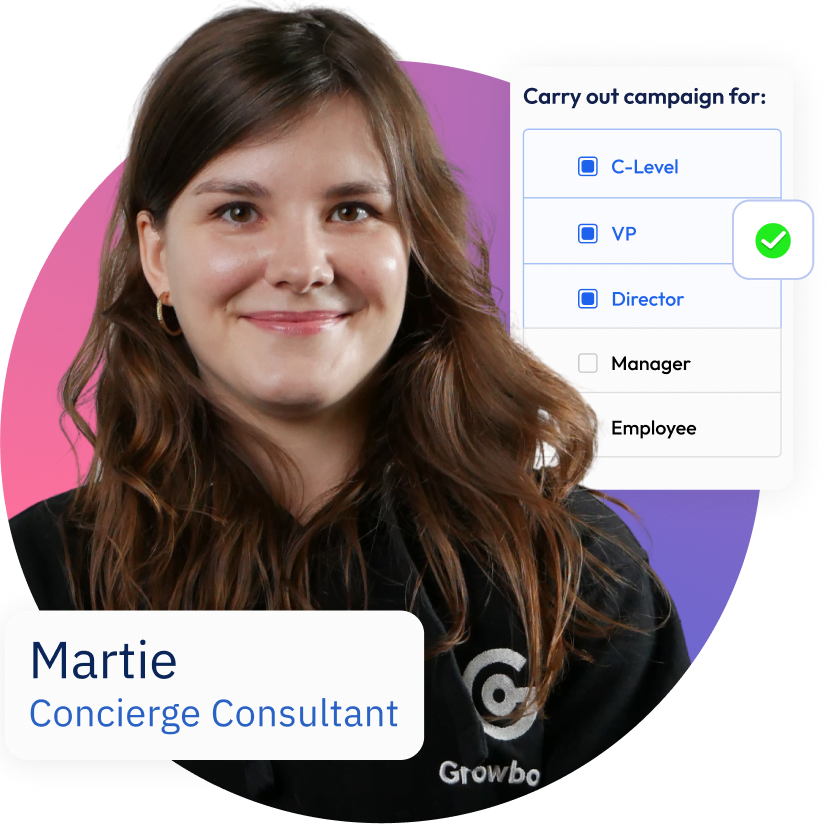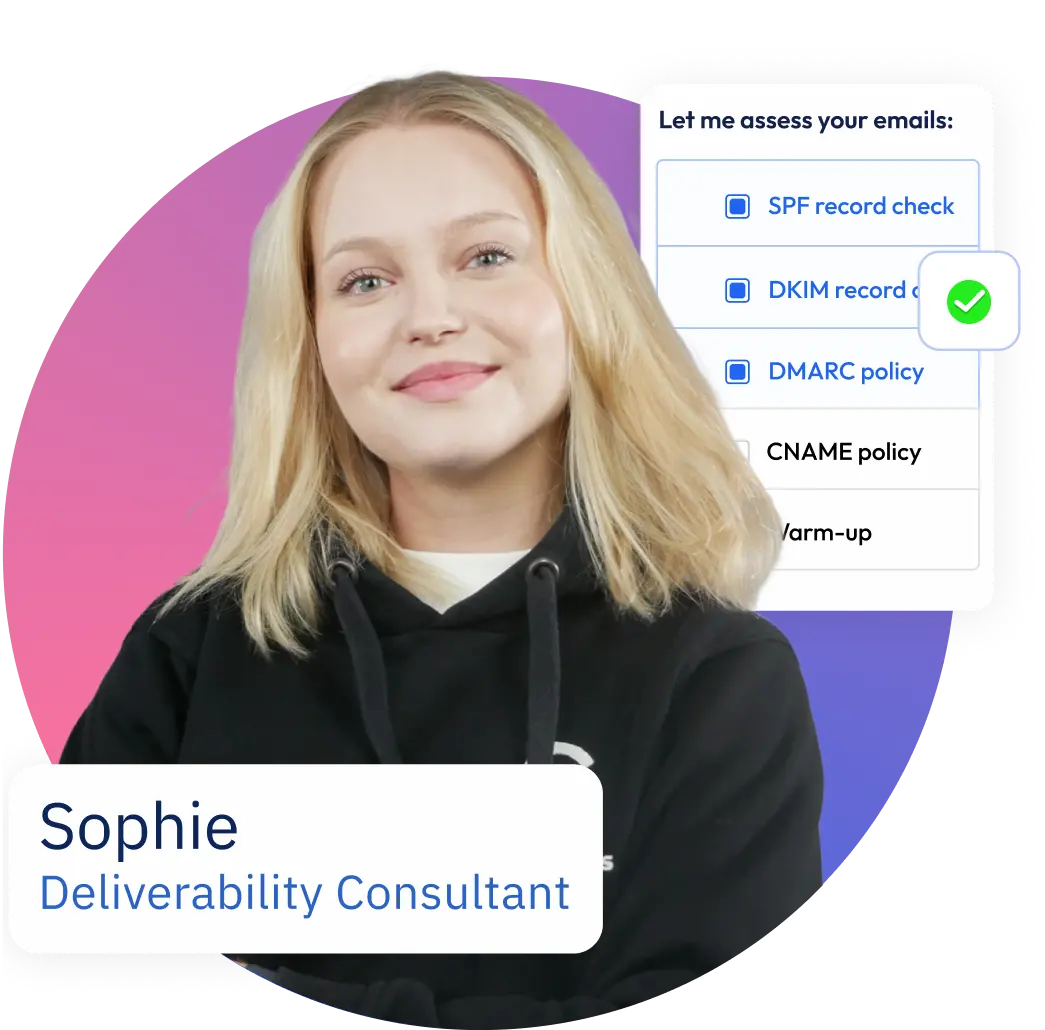As salespeople, it can be incredibly frustrating to run into the same objections over and over again. If people aren’t buying, you might be used to hearing the same song from different prospects.
The good news is that often there is a way to overcome these objections. Here we’ve compiled a list of the five most common reasons that people aren’t buying.
They generally fall into a few categories: technical, financial, and interpersonal.
First, your prospects will want to know whether your solution actually solves their problem (technical). Next, they will need to know if they can afford the solution (financial).
Finally, they will evaluate whether they want to work with you – and by extension your company – to solve their problem (interpersonal).
Of these three, the last one is most important. If you can create a strong relationship with the right decision maker within an organization, you can often overcome the first two hurdles.
Buyers will choose solutions that are technically inferior or more expensive than competitors if they feel good about the company. It’s based on trust.
Here are the top five most common reasons people aren’t buying (and what you can do about it).
The Top 5 Reasons People Aren’t Buying From You
1. No money.
Might be a common problem that you hear as a salesperson, but it doesn’t have to be a death knell. It might simply be that your prospect can’t afford the purchase.
But if you have a prospect that falls within your ‘Ideal Client’ profile, you should be targeting a company where your solution isn’t an overkill for their problem, nor is the price.
If this is the case, it might be more likely that you aren’t speaking with the true decision maker.
Middle managers can only spend the money they are allocated. C-suite executives at the VP level and higher can create the funds if they are truly convinced they need your solution.
So if people aren’t buying, ask yourself if you need to be selling higher up the food chain.
2. No power.
The second most common reason salespeople run into for why people aren’t buying is no power. In the simplest terms, it just means that you’re selling to someone who doesn’t have the authority to make decisions.
Before you walk too far down the sales path with someone, make sure that they have the power to close the deal at the end of it.
If not, ask for a recommendation of who you should be speaking with to move forward with adopting your solution.
If you are speaking with the true decision maker within an organization, make sure that you are speaking to their top priorities. What C-suite thinks about will be different from an employee or mid-level manager.
It is so important to understand what will resonate with a VP or higher when closing a sale.
3. No trust.
Developing a strong relationship with the decision maker within an organization is crucial to closing a sale. If people aren’t buying, it might be because they don’t trust you.
Even if a sale goes forward, you will likely see a high churn rate as clients turn to competitors.
Think about it this way: salespeople can fall into different categories in a prospect’s mind.
Depending upon your relationship, they might view you as someone selling something, a reliable vendor, or a strategic partner.
If you can, build relationships where prospects view you as valuable, trusted partners in business, you will win out over other competitors even if the cost is higher.
Why do you struggle to connect with some decision makers? A study found that buyers cited five key reasons why there isn’t ‘chemistry’ with a salesperson. These are:
- The salesperson was too pushy.
- The salesperson had a different communication style.
- The salesperson’s personality was very different from mine.
- The salesperson seemed overeager to befriend me.
- The salesperson was a different age than me.
If you are struggling to connect with someone, consider these criteria. Is there a way you can meet the prospect on their level?
4. No urgency.
If you are talking to someone high enough up in the food chain to make real change within their organization, your solution might just be one solution to many problems clamoring for their attention.
If the problem you are solving isn’t the most urgent problem for the organization to solve, you might find that the sales path begins to meander.
If people aren’t buying, ask yourself, “What’s the urgency? How can I make this problem more important for them to fix? How do I illustrate the value we can offer that they need right now?”
Once you can find a way to tap into your prospect’s biggest priorities, you will remove another roadblock in the way to closing the deal.
5. No risk management.
With any purchase, there is a risk. Your prospect will be asking herself, “Will this offer a high enough return on investment? Will this alleviate the issues we’re encountering?
Will this increase productivity? Will this solve our problem? Will this not create additional problems? Will it be easy to roll out and use?”
Chances are, you are not the first salesperson your prospect has dealt with. They will be preconditions to how your exchanges will go and likely maintain a healthy level of skepticism.
But even after a prospect has done her due diligence, if you find yourself spinning your wheels, it might be because you still haven’t alleviated her concerns regarding risk.
And this will change depending on the industry – and your solution. Some industries will have much higher levels of risk tolerance than others. For example, healthcare solutions will require vigorous vetting before adoption as opposed to fashion or media.
A prospect’s objection can actually be empowering. Not only do you learn additional information about your prospect and their needs, but you have a new chance to show an additional value that your solution offers.
Learning to overcome these objections and create strong relationships with key decision makers will ensure that you are much less likely to run into a dead end.






















